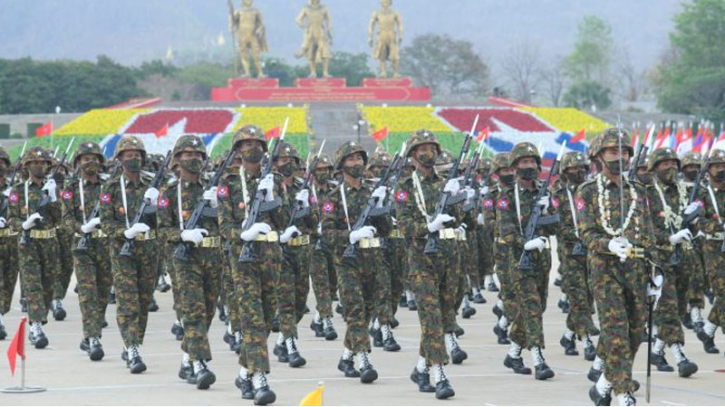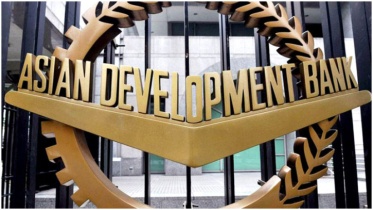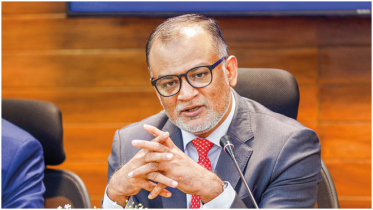Singapore-Indonesia in spotlight over illegal arms exports to Myanmar

Indonesia is the only Southeast Asian country that has taken a principled stand on the 2021 coup in Myanmar and should not be selling weapons to the junta in Naypyitaw. Singapore is a major arms exporter and transshipment point for military hardware, and all such transactions are supposed to be governed by local and international rules. But now both issues have been highlighted in connection with recent disclosures of questionable arms deals with junta ruled Myanmar.
According to a press release, a complaint has been lodged with Indonesia’s National Human Rights Commission by Marzuki Darusman a well-known human rights advocate; Salai Za Uk Ling from the Chin Human Rights Organization; and the Myanmar Accountability Project (MAP), an international human rights organization based in London.
They allege that three state-owned arms manufacturers – PT Pindad, PT PAL, and PT Dirgantara Indonesia – have sold supplies to Myanmar’s military, in violation of Indonesian and international law. Their statement says that this involves the “promotion and suspected sale of handguns, assault rifles, ammunition, combat vehicles and other equipment to the Myanmar military over the last decade, including potentially after the attempted coup in February 2021.”
According to the October 2 complaint, weapons’ transfers from Indonesia are likely to have occurred through Myanmar-based companies including the arms broker True North Company Limited, an entity owned by Htoo Htoo Shein Oo, the son of the junta’s Planning and Finance Minister, Win Shein.
Win Shein is currently sanctioned by the United States, Canada, and the European Union for his role in “undermining democracy and the rule of law in Myanmar.”
The complainants are asking the Indonesian government to investigate the reports and, if proven, to take action to prevent such sales. Indonesia voted in favor of the UN General Assembly Resolution for “all UN member states to prevent the flow of arms to Myanmar”, so if such sales have taken place since the 2021 coup, it would be a clear violation of international commitments.
MAP director Chris Gunness said, “Our investigation has turned up damning evidence that suggests shocking double standards.”
The complaint may also have legal repercussions given the Indonesian Constitutional Court’s recent green light for universal jurisdiction cases, which means that the Myanmar military could be tried in Indonesian courts for its human rights abuses.
“With this complaint, we are answering the Constitutional Court’s demands”, said Gunness.
The Singapore case, meanwhile, has already gone to court. A local dealer managed to get around official restrictions on arms sales by issuing false end-user certificates. The Straits Times reported on August 28 that two Singaporeans who sold a sonar system that ended up in a surveillance center operated by the Myanmar Navy admitted in court that they had broken the law regulating the sale of strategic goods including weapons. The men – Poiter Agus Kentjana, a sales manager at Hydronav Services, and Wui Ong Chuan, one of the directors of the firm – pleaded guilty to the charge under Singapore’s Strategic Goods (Control) Act.
The equipment was bought from Kongsberg Maritime, a Norwegian firm, and Poiter and Ong claimed that it was meant for re-export to Bina Nusantara, an Indonesian company.
However, their legal punishment turned out to be light. According to the Straits Times, Poiter and Ong were ordered to pay fines totaling 80,000 Singapore dollars, or about US$58,300. Surely, they can afford to pay that: the deal was worth 2 million Singapore dollars, or about $1.58 million.
The export of arms to the Myanmar junta has been a major issue since the 2021 coup, and there is little or nothing international bodies can do when countries such as China, Russia, Belarus and North Korea supply the regime with military hardware. But if punishment in Singapore for breaking export regulations amounts to little more than a slap on the wrist, the junta may not have to worry about receiving more such supplies in the future.
Indonesia, a democracy with free speech and accountability, may be another matter. There, more severe action can be taken if it is proven that state-owned companies have circumvented official policies. The ball is now with the men and women of Indonesia’s National Human Rights Commission, and it is their responsibility to take the next step.
.png)




